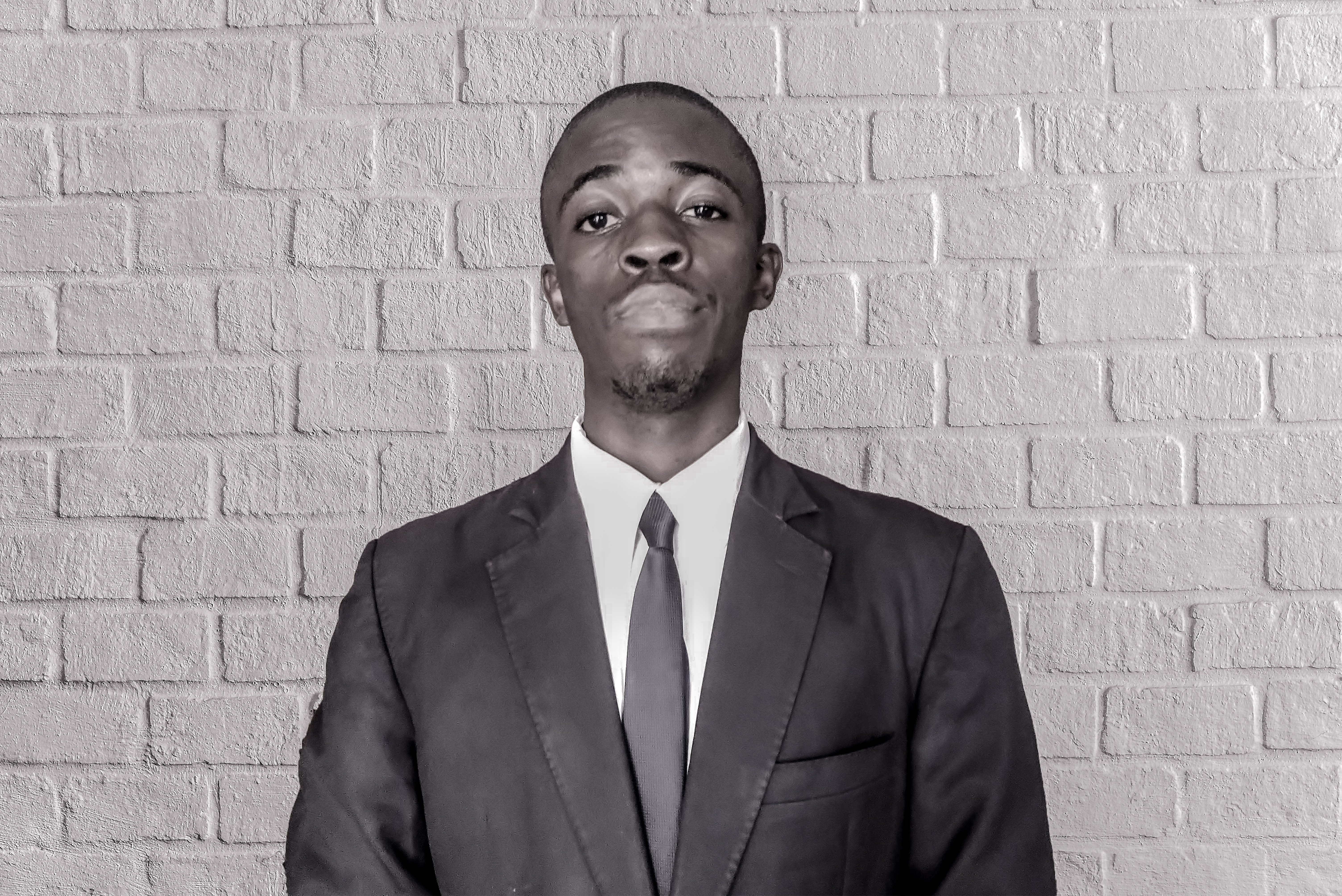This is the third article that I translated for Global Voices concerning foreign media censorship in Turkey.
Domain: Law, Freedom of Expression, Media and Journalism
Click here to read the complete source text and my full translation
SAMPLE OF THE TEXT:
Source text: English
Another social media user was placed under house arrest over the same charges. The citizen, in her defense, said the tweet was not intended for the president but for her boyfriend as the couple had a fallout. “I did not know that the hashtag helva (a dessert traditionally cooked and eaten after one's passing) was about the President catching the disease. When I saw the hashtag and as things are not okay between me and my boyfriend, I wrote something like that, thinking that he would see it. I did not intend the President with my tweet. I do not accept the charged offense. I am innocent; I request my release,” said the woman in her testimony.
President Erdoğan is not a big fan of social media, especially Twitter. Ever since the popular environmental protest turned anti-government protest in 2013, he has been determined to rein in social media platforms. At the height of protests, Erdoğan, who was then serving as the country’s prime minister, described social media platforms as “the worst menace to society.” A year later, he promised to “wipe out all of these [social media platforms].” That day, Twitter was blocked for access across the country. It took a few years for the staunch social media critic to finally clamp down on the platforms. In 2020, Turkish lawmakers signed the new social media law (Law on the Regulation of Publications on The Internet and Suppression of Crimes Committed By Means of Such Publications) introducing a set of requirements that would have a lasting impact on digital rights and freedom of expression in Turkey.
Target text: French
Un autre utilisateur des médias sociaux a été placé sous assignation à résidence pour les mêmes chefs d’accusation. La Turque, pour sa défense, a déclaré que le tweet n'était pas destiné au Président, mais à son petit ami, car ils s’étaient disputés. « Je ne savais pas que le hashtag halva (un dessert traditionnellement cuisiné et mangé après le décès d'une personne) concernait le Président qui a attrapé la maladie. Quand j'ai vu le hashtag et comme mon petit ami et moi nous sommes en froid, j'ai écrit quelque chose qui me passait par la tête, en pensant qu'il verrait la publication. Mon tweet ne visait pas le Président. Je plaide non coupable. Je suis innocente, je demande ma libération. », a déclaré la femme dans son témoignage.
Le Président Erdoğan n'est pas un grand fan des réseaux sociaux, et en particulier de Twitter. Depuis que la manifestation populaire pour l'environnement s'est transformée en manifestation antigouvernementale en 2013, il est déterminé à mettre au pas les plateformes de réseaux sociaux. Au pic des protestations, Erdoğan, qui occupait alors le poste de Premier ministre du pays, a qualifié les plateformes de réseaux sociaux de « pire menace pour la société. » Un an plus tard, il a promis « d'en finir avec toutes ces [plateformes de réseaux sociaux]. » Ce jour-là, Twitter a été bloqué dans tout le pays. Il aura fallu quelques années pour que le détracteur virulent des réseaux sociaux finisse par sévir contre ces plateformes. En 2020, les législateurs turcs ont signé la nouvelle loi sur les réseaux sociaux (Loi sur la réglementation des publications sur Internet et la répression des crimes commis au moyen de ces publications) introduisant un ensemble d'exigences qui auront un impact durable sur les droits numériques et la liberté d'expression en Turquie.






